Anxiety and stress are common issues in today’s fast-paced world. Fortunately, there are natural remedies that can help alleviate symptoms and improve mental well-being.
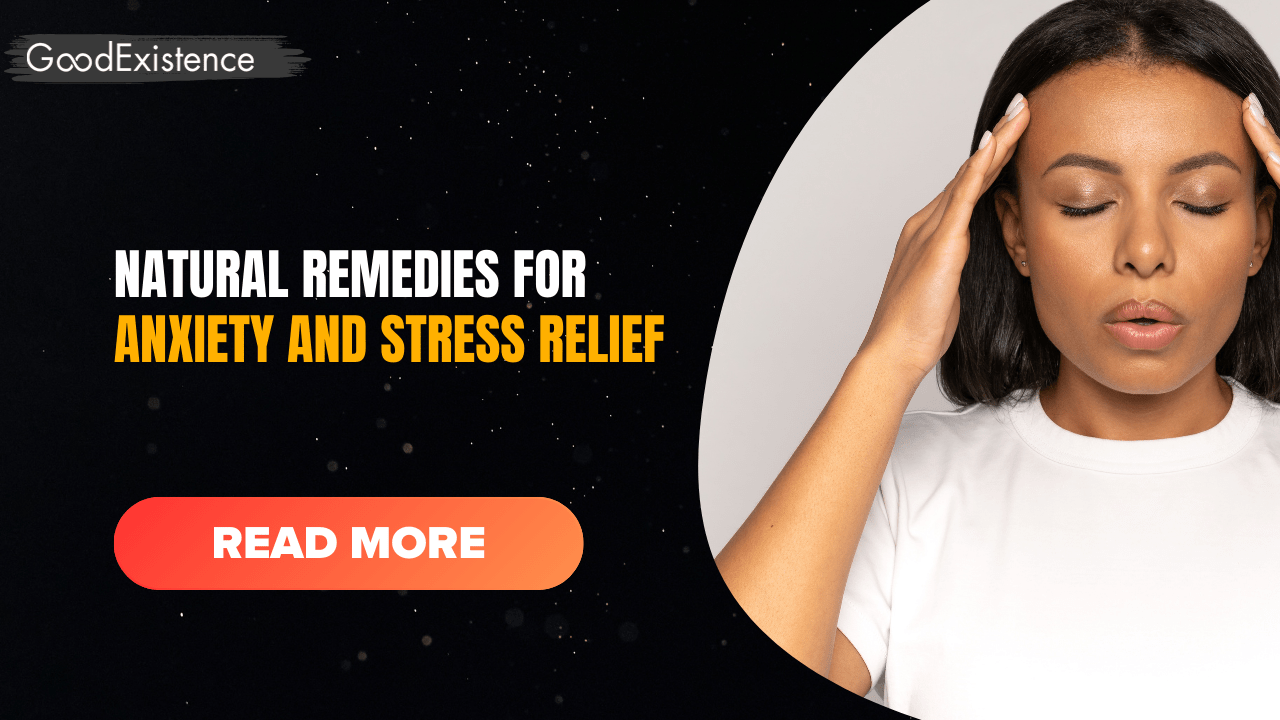
This in-depth guide covers various methods to manage anxiety and stress without prescription medication, focusing on holistic approaches that promote long-term relief.
1. Herbal Remedies for Anxiety and Stress
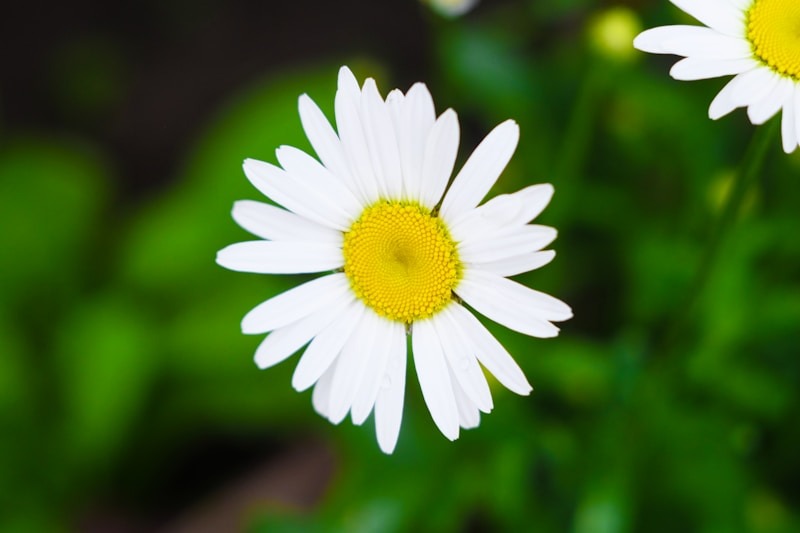
Herbal supplements have been used for centuries to promote relaxation and reduce stress. Below are some of the most effective herbs for anxiety and stress relief:Herb Benefits How to Use Ashwagandha Reduces cortisol levels and promotes calmness Capsules, teas, or powder Chamomile Mild sedative properties, reduces anxiety Drink as tea or take as a supplement Valerian Root Helps with sleep and calming nerves Capsules or teas, best taken before bed Lavender Aromatic calming effect, reduces anxiety Essential oils, teas, or capsules Passionflower Relieves anxiety and insomnia Teas or supplements Rhodiola Reduces fatigue and anxiety Capsules or tea
How They Work:
Herbs like ashwagandha help balance stress hormones such as cortisol, while chamomile and lavender can directly reduce feelings of tension. Valerian root is often used for those struggling with both anxiety and sleep, offering a dual benefit.
2. Breathing Exercises

Controlled breathing techniques are among the simplest and most effective ways to reduce anxiety and stress.
By focusing on your breath, you can calm the nervous system, reduce the fight-or-flight response, and bring yourself back to a relaxed state.
Popular Breathing Techniques:
- 4-7-8 Breathing: Inhale for 4 seconds, hold for 7 seconds, exhale for 8 seconds.
- Box Breathing: Inhale for 4 seconds, hold for 4 seconds, exhale for 4 seconds, hold for 4 seconds.
- Diaphragmatic Breathing: Deep breathing focused on engaging the diaphragm, useful for relaxation.
| Technique | How It Helps | How to Practice |
|---|---|---|
| 4-7-8 | Calms the mind, reduces rapid heartbeat | Practice several times a day |
| Box Breathing | Focuses attention, reduces panic response | Use during moments of acute stress |
| Diaphragmatic | Slows heart rate, encourages deep relaxation | Ideal for practicing before bed |
Breathing exercises can be practiced daily or whenever you feel overwhelmed.
3. Physical Activity
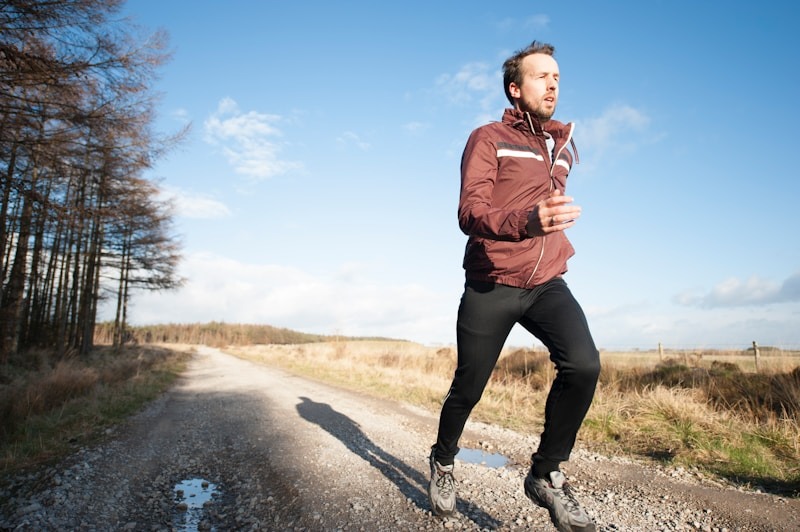
Physical exercise is not only good for your body but also highly effective at reducing stress and anxiety.
When you engage in physical activity, your body releases endorphins—natural mood lifters.
Types of Exercises to Consider:
- Yoga: A combination of physical postures, breathing exercises, and meditation. Yoga promotes flexibility, balance, and inner peace.
- Walking: A simple, low-impact activity that can clear the mind and reduce stress hormones.
- Strength Training: Engaging in moderate weight lifting can provide mental clarity and reduce anxiety over time.
| Exercise | Mental Health Benefits | How Often to Practice |
|---|---|---|
| Yoga | Increases mindfulness, reduces cortisol | 3-4 times per week |
| Walking | Lowers stress hormones, improves mood | 20-30 minutes daily |
| Strength Training | Boosts confidence, releases endorphins | 2-3 times per week |
4. Meditation and Mindfulness Practices
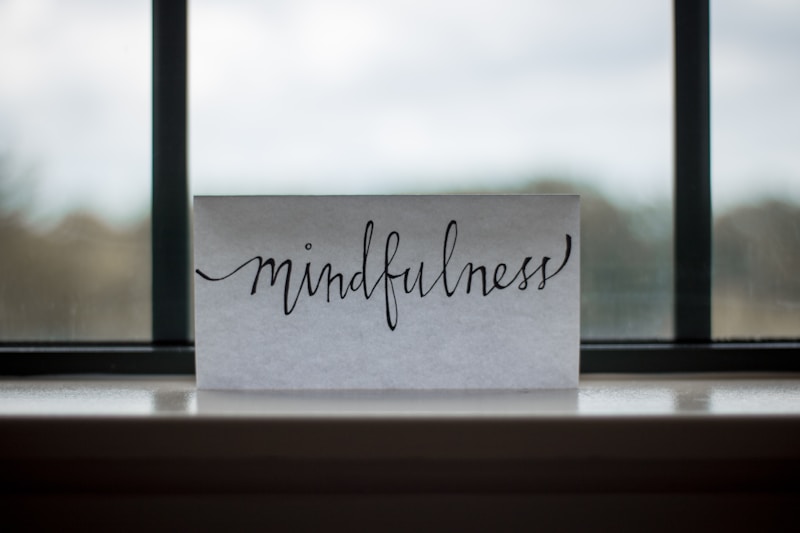
Meditation and mindfulness are powerful techniques for calming the mind and reducing anxiety.
By focusing your attention and eliminating the stream of chaotic thoughts, you can achieve mental clarity and peace.
Types of Meditation:
- Mindfulness Meditation: Focusing on the present moment, without judgment. This can help reduce rumination and excessive worrying.
- Guided Meditation: Using a recording or instructor to guide your thoughts toward relaxation and calmness.
- Loving-Kindness Meditation: Focusing on sending compassion to yourself and others, which can increase feelings of connection and reduce anxiety.
| Meditation Type | How It Helps | How Long to Practice |
|---|---|---|
| Mindfulness | Reduces overthinking, focuses on the present | 10-20 minutes daily |
| Guided | Directs thoughts, reduces racing mind | Ideal for beginners, 10-15 minutes |
| Loving-Kindness | Increases positive emotions | 5-10 minutes daily |
Tips for Beginners:
- Start small (just 5-10 minutes per day) and build your practice over time.
- Use apps like Calm or Headspace for easy access to guided meditations.
5. Dietary Changes
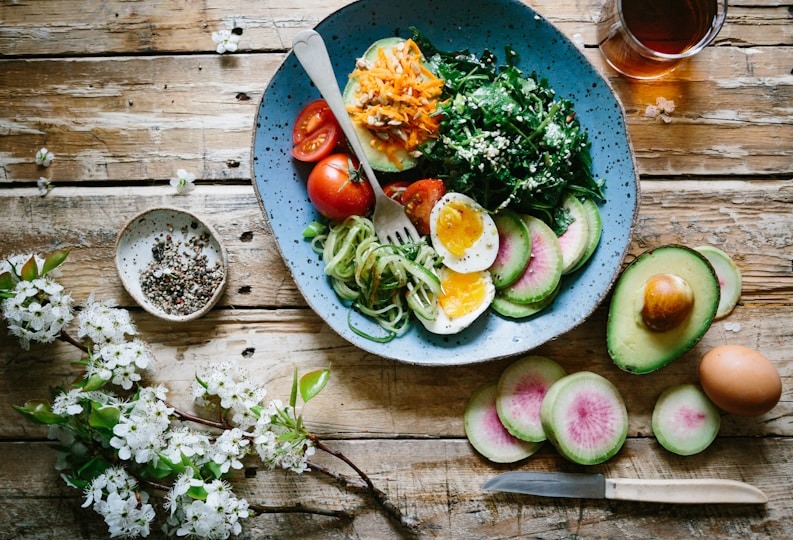
Your diet has a significant impact on your mood and mental health. Certain foods can exacerbate anxiety, while others help soothe the nervous system.
Foods That Reduce Anxiety:
- Fatty Fish: Rich in Omega-3 fatty acids that support brain health.
- Dark Chocolate: Contains antioxidants and can promote serotonin release.
- Leafy Greens: High in magnesium, which helps relax the nervous system.
- Turmeric: Contains curcumin, known for its anti-inflammatory properties that can aid brain function.
- Yogurt: Rich in probiotics, which are linked to improved gut health and lower anxiety.
| Food | Benefits for Anxiety | How to Incorporate |
|---|---|---|
| Fatty Fish | Boosts brain health, reduces inflammation | Eat salmon, sardines, or mackerel 2x a week |
| Dark Chocolate | Increases serotonin, reduces stress | 1-2 small pieces daily |
| Leafy Greens | High in magnesium, calms the nervous system | Add to salads, smoothies, or meals daily |
Foods to Avoid:
- Caffeine: Increases heart rate and can trigger anxiety.
- Processed Sugars: Leads to energy crashes, which can worsen stress.
6. Journaling
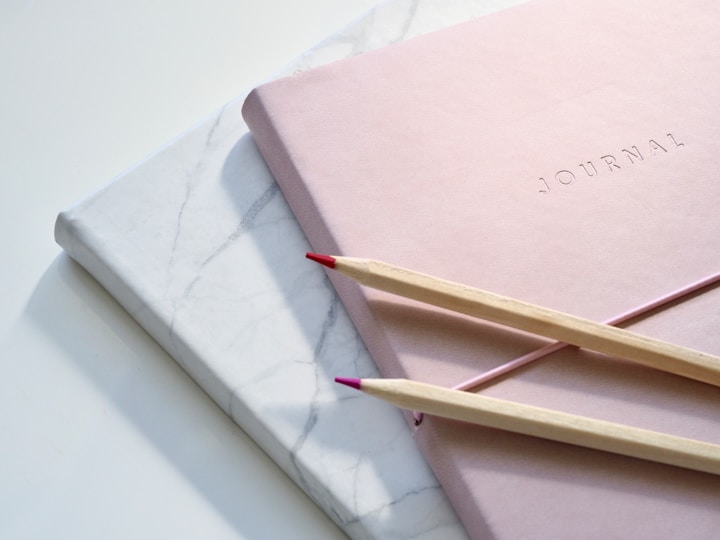
Journaling is an excellent way to express emotions and clear your mind. Writing about your thoughts can provide mental clarity and help you track patterns in anxiety.
Techniques for Anxiety Journaling:
- Gratitude Journaling: Write down three things you are grateful for each day. This helps shift your focus to positive aspects of life.
- Emotion Dumping: Write freely about your worries without censoring yourself. This allows you to release pent-up stress.
- Positive Affirmations: Write positive statements about yourself to build confidence and reduce anxiety over time.
| Journaling Technique | How It Helps | Frequency |
|---|---|---|
| Gratitude Journaling | Focuses attention on positive aspects | Daily |
| Emotion Dumping | Releases negative thoughts, promotes clarity | Whenever anxiety arises |
| Positive Affirmations | Builds self-confidence, reduces stress | Daily |
7. Aromatherapy
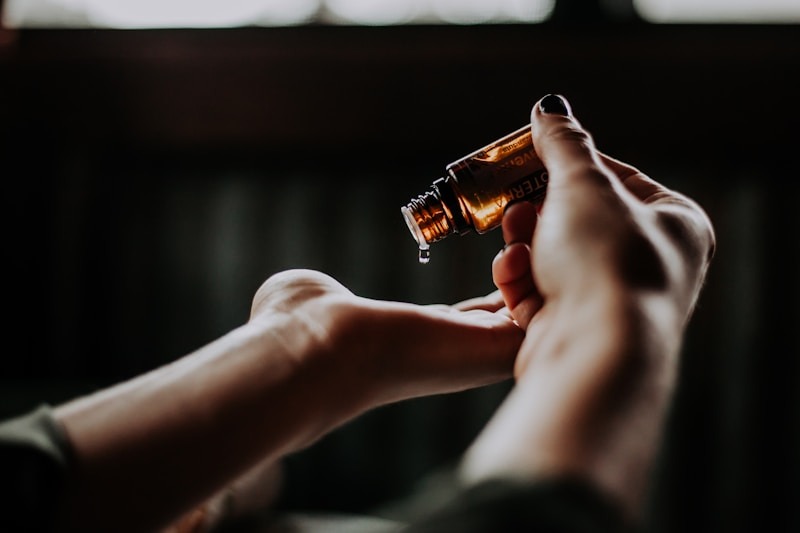
Aromatherapy involves using essential oils to promote relaxation and reduce anxiety. Certain scents, such as lavender and chamomile, have calming effects on the mind.
Best Essential Oils for Anxiety:
- Lavender: Promotes calmness and improves sleep.
- Chamomile: Reduces anxiety and tension.
- Bergamot: Boosts mood and relieves stress.
| Essential Oil | Anxiety-Relief Benefits | How to Use |
|---|---|---|
| Lavender | Soothes nerves, improves sleep | Diffuse, add to bathwater, or use topically |
| Chamomile | Reduces stress and tension | Add to bath or diffuse in your home |
| Bergamot | Uplifts mood, reduces anxiety | Inhale directly or diffuse |
8. Pray

Prayer can be a powerful tool for managing stress and anxiety. For Christians, it offers a way to connect with God, seek comfort, and gain perspective. Engaging in prayer allows individuals to express their worries and find solace in faith.
Consider incorporating daily prayer routines, such as morning devotionals or reflective evening prayers, to cultivate peace.
Joining a prayer group can also provide community support and encouragement.
This spiritual practice fosters a sense of hope and resilience, reminding believers that they are not alone in their struggles.
Final Thoughts
Natural remedies for anxiety and stress relief offer a safe, holistic way to manage mental health.
By incorporating a variety of these techniques—herbs, meditation, physical activity, and dietary changes—you can create a well-rounded approach to feeling calmer and more in control of your life.
These natural methods can be personalized to fit your lifestyle and can be used together for maximum effectiveness.